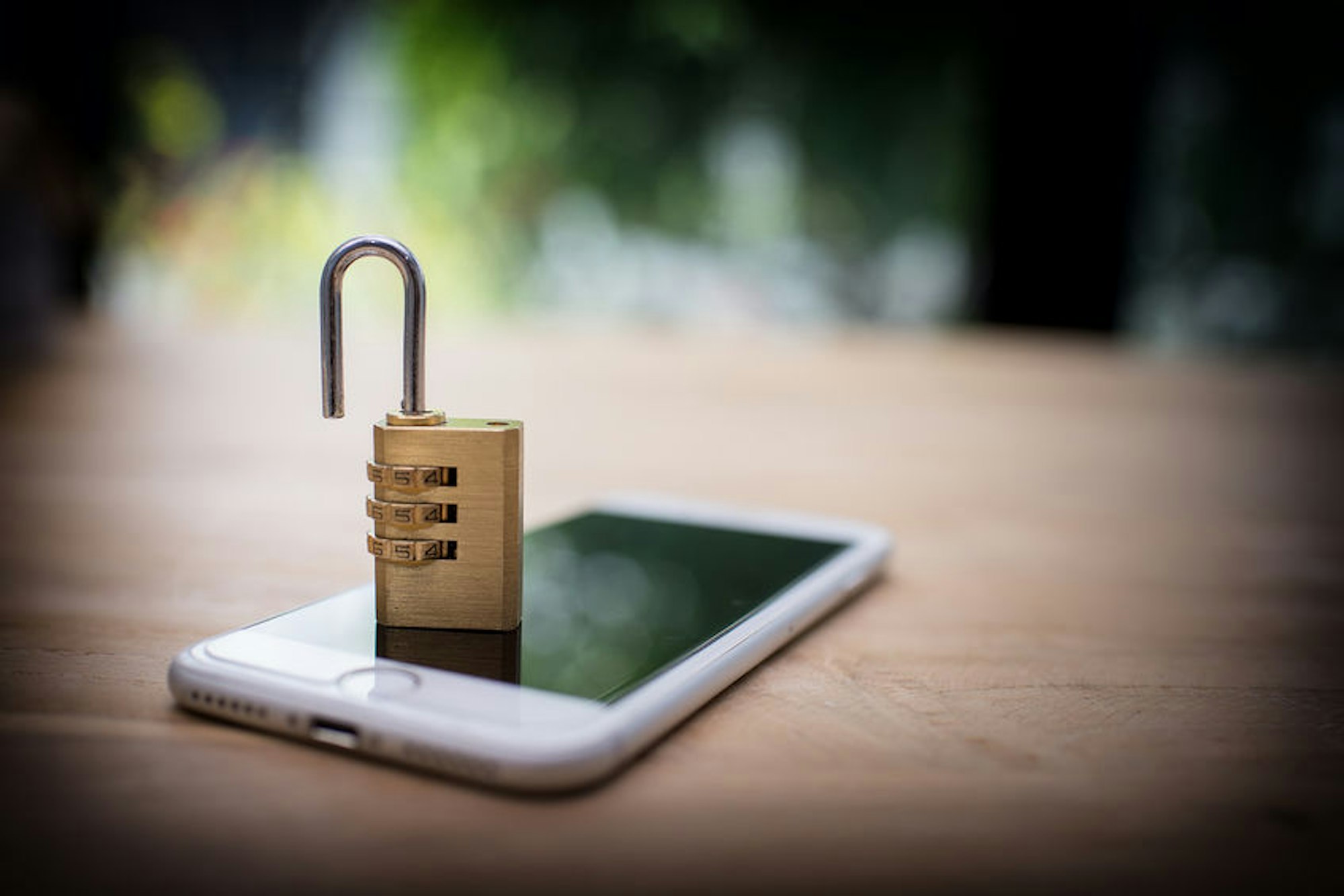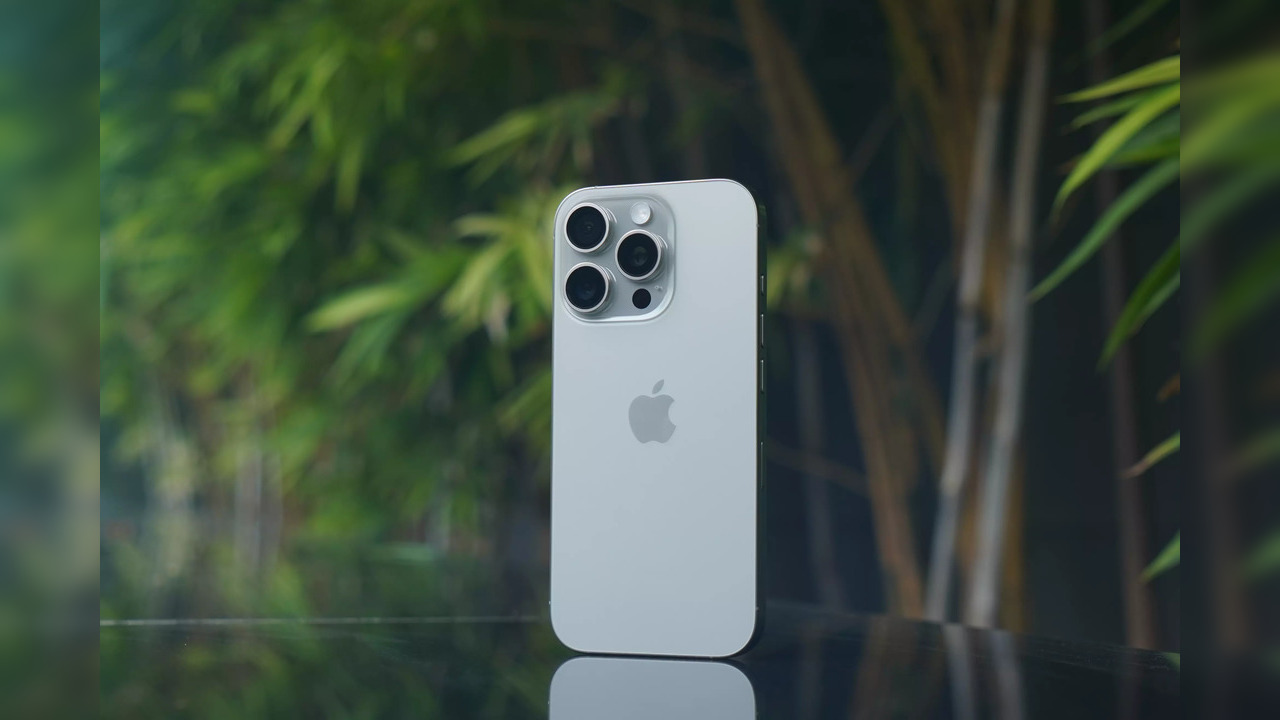With over 100 million iPhone users in the U.S. alone, it’s no surprise that one of the most common questions about the popular smartphone is, “Can iPhones get viruses?” The short answer is yes, iPhones can get malware, but the chances are extremely low compared to Android devices and traditional computers.
In this post, we’ll debunk common myths about iPhone viruses, discuss how Apple’s tight control over iOS and the App Store keep threats at bay, explore the limited scenarios where an iPhone can be compromised, and share some tips to enhance device security.
Table of Contents
Myth 1: iPhones Can’t Get Viruses
This myth has persisted since the iPhone’s launch—that Apple devices are immune to viruses and malware.
Reality: While iPhones are more secure than other devices, they’re not completely immune. Notable examples of malware targeting iOS include:
- WireLurker: Capable of stealing information from 485 iOS applications.
- YiSpecter: Infected over 10 million iOS devices in China before being neutralized.
- Pegasus: Advanced spyware used to target journalists and dissidents.
Though rare, targeted iPhone malware attacks are possible, debunking the myth that iPhones can’t get viruses.
Myth 2: Jailbreaking Opens iPhones to Viruses
Many believe jailbreaking—modifying iOS to remove restrictions and allow customization—makes iPhones more vulnerable to viruses.
Reality: This concern held true in the early days of iOS, but modern jailbreaking does not inherently degrade iPhone security. However, installing apps from outside the App Store can increase malware risks. Simply jailbreaking does not make an iPhone inherently vulnerable.
Myth 3: iPhone Viruses Can Wipe Your Data
Some fear that iPhone malware can wipe personal data or destroy the device, similar to how viruses affected old PCs.
Reality: Apple’s secure software design and iPhone hardware security make it extremely difficult for malware to gain control over the device at this level. While iPhone malware exists, fears of being locked out or having data wiped are largely unfounded.
What Makes iPhones So Secure?
If iPhones can technically get malware, what makes them more secure than Android and traditional PCs? Here are five key factors:
- Closed iOS Ecosystem
Apple’s tight control over iOS, App Store approvals, developer rules, and system updates helps prevent malware from spreading. - App Store Security
With over 2 million apps on the App Store, each must comply with Apple’s strict security standards, blocking most malware. - Quick Security Updates
Apple rapidly pushes security updates to all users, closing vulnerabilities before they can be exploited. - Hardware-Encryption Integration
The iPhone’s processor and storage incorporate hardware-level encryption, securing data even if malware enters the device. - Secure Enclave Processor
The isolated Secure Enclave chip protects biometric data for Touch ID and Face ID, creating a hardware firewall that malware can’t penetrate.
These security measures form the foundation of Apple’s robust iPhone defenses.
When Can iPhones Get Infected?
Despite Apple’s top-notch security, there are still a few scenarios where iPhones can get infected:
- Jailbreaking and sideloading untrusted apps from outside the App Store.
- Visiting compromised websites in Safari.
- Installing apps from third-party app stores without proper vetting.
- Opening phishing links in SMS/iMessage leading to malware sites.
- Exploiting iOS vulnerabilities and pre-installed app flaws.
- Using advanced spyware like Pegasus that exploits zero-day vulnerabilities.
Avoiding these scenarios, keeping iOS updated, and only installing apps from the App Store maximize iPhone security.
iPhone Security Features by Model
Apple continuously improves iOS security with each new iPhone generation. Here’s an overview of top security features across iPhone models:
| iPhone Model | Release Year | Security Features |
|---|---|---|
| iPhone 5s | 2013 | Touch ID, hardware encryption |
| iPhone 6s | 2015 | Enhanced hardware encryption, app sandboxing |
| iPhone X | 2017 | Face ID, Secure Enclave, hardware encryption |
| iPhone 12 | 2020 | Anti-phishing defenses, Secure Enclave, enhanced privacy |
| iPhone 13 | 2021 | Advanced anti-phishing, hardware-encrypted storage |
| iPhone 14 | 2022 | Enhanced Secure Enclave, anti-spyware measures |
This chart shows how Apple’s security architecture has evolved to make iPhones the most secure consumer mobile devices on the market.
5 Tips to Boost Your iPhone Security
While iPhones offer excellent defenses out of the box, here are five tips every user can follow to maximize security:
- Update to the Latest iOS Version
Apple issues regular software updates to patch vulnerabilities. Accept updates promptly for added protections. - Use Strong Passwords
Weak or reused passwords make users vulnerable to phishing. Use strong, unique passwords for all accounts and enable two-factor authentication. - Avoid Jailbreaking
As discussed, jailbreaking can increase malware risk when installing untrusted apps. For customization, look for safer alternatives. - Install Reputable Apps
Whether on the App Store or elsewhere, review app information and developer details before installing to avoid scams. Stick to well-known, trustworthy apps. - Watch Out for Scams
Exercise caution with text messages, emails, popups, and websites requesting login credentials or payment information to avoid phishing and account theft.
Following these best practices ensures that your iPhone’s world-class defenses are fully utilized against viruses and malware.
The Bottom Line
While the myth that iPhones can’t get viruses persists, a few targeted malware attacks have infiltrated Apple’s ecosystem over the years. However, compared to the rampant malware issues facing Android and Windows devices, iPhones stand out in terms of security.
Apple’s control over iPhone hardware, software, and updates has created a closed environment where malware has a difficult time spreading compared to more open ecosystems. By avoiding jailbreaking, sideloading sketchy apps, and falling for phishing scams, iPhone security remains solid.
In conclusion, while iPhones can theoretically get viruses in rare scenarios, they set the standard for consumer mobile security thanks to Apple’s layered defenses. With a few precautions, iPhone owners can rest assured that their devices and personal data have world-class protection against viruses and cyberattacks.



